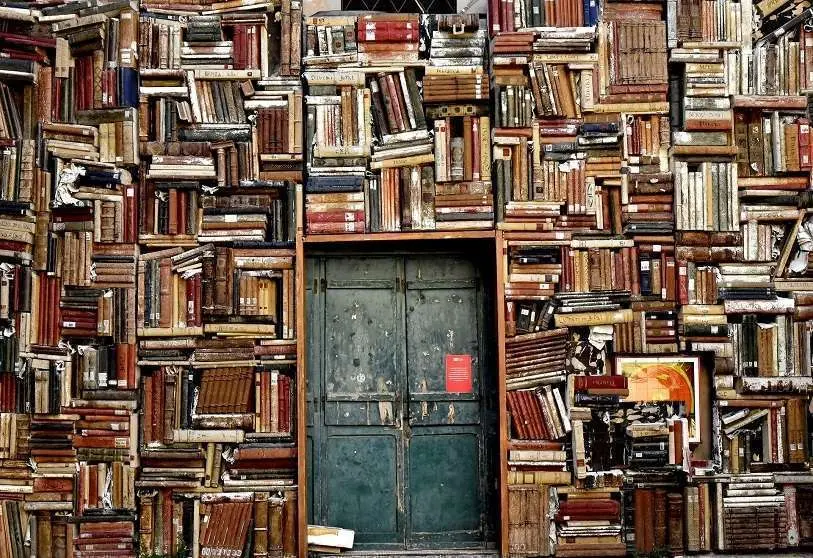Five books to read this summer to understand the world around us (I)

"Donald Trump is just one of the cards that bring down a castle that is more fragile than we had imagined for decades," warns José María Peredo Pombo in the article 'Democracies or Wars' published in 'Esto no va de Trump, the first book published by Atalayar. Each of the pages of this book is a unique lesson to understand one of the most important events of the current century and its inevitable consequences. China, Iran, Venezuela and North Korea have become some of the main actors in a play whose stage is constantly changing. The illustrated review of Donald Trump's international policy allows us to witness the escalation of tensions that has been taking place on different international fronts. In only 158 pages the author becomes a guide capable of discovering the best kept secrets of American politics during this period. The articles by Peredo and the illustrations by Begoña Romero - creative director at the design and illustration studio MalditaMaldita and doctor in Advertising - have formed a perfect tandem capable of making us reflect on the future of this country.
Who are the Kurds? What is the land they claim? What role do these people play in the current struggle against the Daesh? And what role do women play in this struggle? Manuel Martorell is able to answer these and many other questions in this book. "Although it is hardly known, Kurdistan is as extensive as the Iberian Peninsula but it treasures so many riches that this project has always remained unfinished because it goes against powerful interests. That has been the historical curse of the Kurds: to settle from the night of time in an area of the world that has not ceased to acquire geostrategic importance". With these words and to situate us geographically Martorell, journalist in the Middle East begins ‘Kurdos’, a book in which he makes us participants in the history, culture, religion, society and customs of this people. In only 142 pages the author becomes a guide capable of discovering the best kept secrets of this civilization to which he has dedicated several decades of study.
A lesson of journalism. This book written by journalist Xavier Aldekoa talks about life itself and about the human beings who, every day, from the African continent, struggle to live it in the best way. Through his eyes we will learn about the testimonies of men and women who suffer, laugh, love and fight for a better future. This work brings us closer to some of the harshest realities of the neighbouring continent, such as the outbreak of Ebola in West Africa between 2014 and 2016 or arranged marriages with young girls. But beyond that, it teaches us that Africa is not just one reality, but thousands of them. Indestructible from a book that speaks of adversity, but also of opportunity. An indispensable work to bring us closer to the neighbouring continent.
"When the State achieves practically no political centralisation, society sooner or later arrives at chaos". This is one of the sentences that can help us understand the essence of this work, in which the authors Daron Acemoglu and James A. Robinson reflect on the origin of power, prosperity and poverty. What is the difference between success and failure? Why do some countries fail even systematically? According to the authors, the secret lies in the institutions, both in their type and design and in their performance. A simple fence has the power to create two totally different situations, as in the two Nogales, one in Arizona (USA) and the other in Sonora (Mexico). Why does this happen? You will find the answer in this book.
This book written by the journalist and writer Roberto Saviano (born in Naples on September 22, 1979) talks about the power of the Camorra, its economic and financial domination, its structure, its military power and its authority manifested mainly in the field of real estate construction and in the performance of drug trafficking activity. As an investigative report, Saviano describes the darkest secrets of a society that lives anchored in fear and lies. This work is very much influenced by cinema. There is no lack of references to characters such as Toni Montana (Al Pacino) in "The Price of Power" or the film Papillon with which the author ends the book. An ending that closes the life cycle of the goods that arrive at the port of Naples and with which Saviano begins by opening this essay. In short, this testimony is an interesting search and analysis of the illicit activities of the many organizations of Campania. A documentary writing that over time has become a mirror capable of showing us some of the problems of today's Italian post-industrial society.








